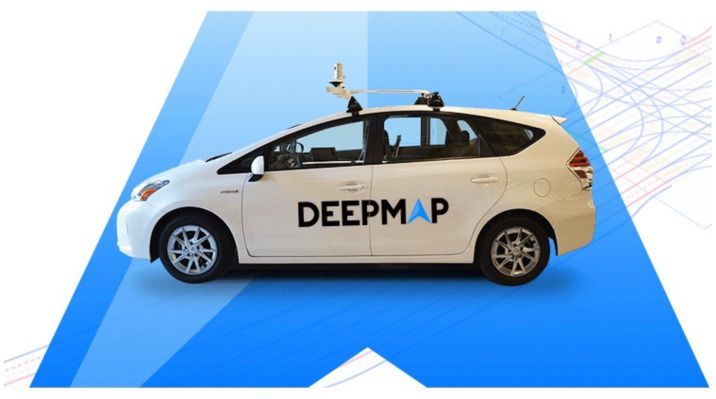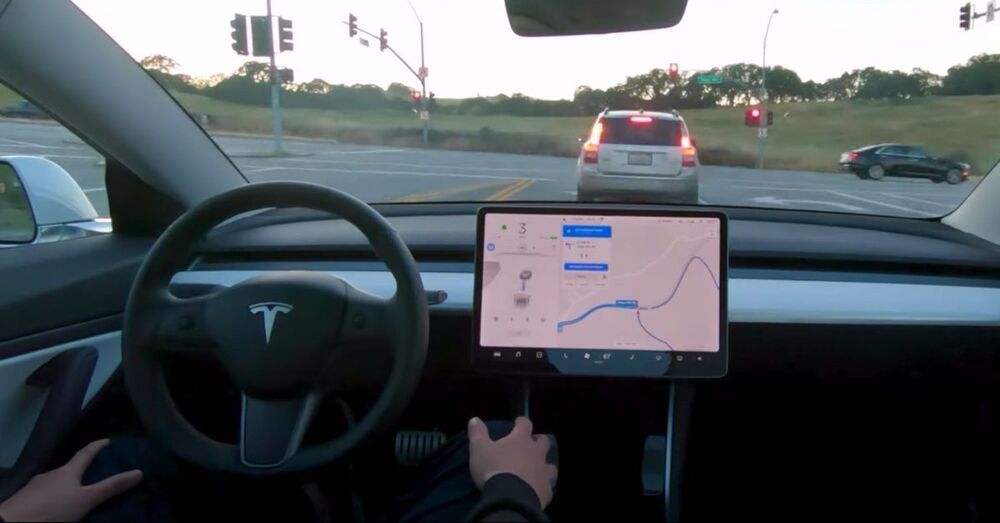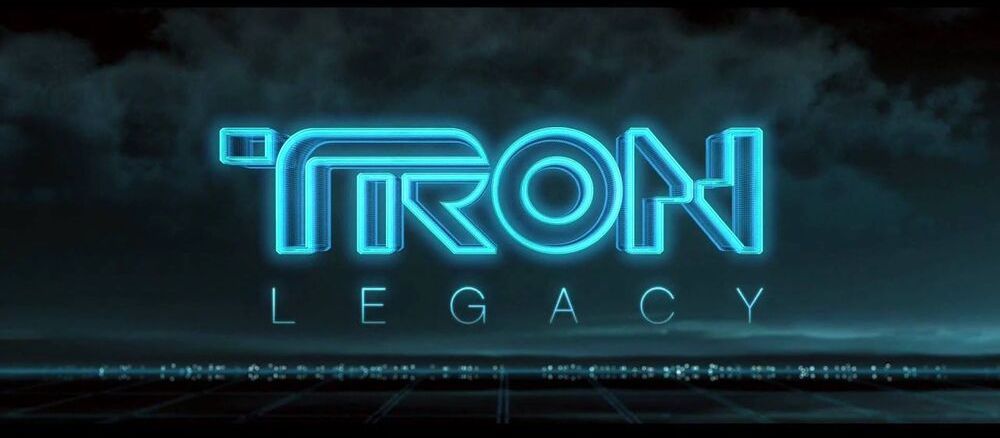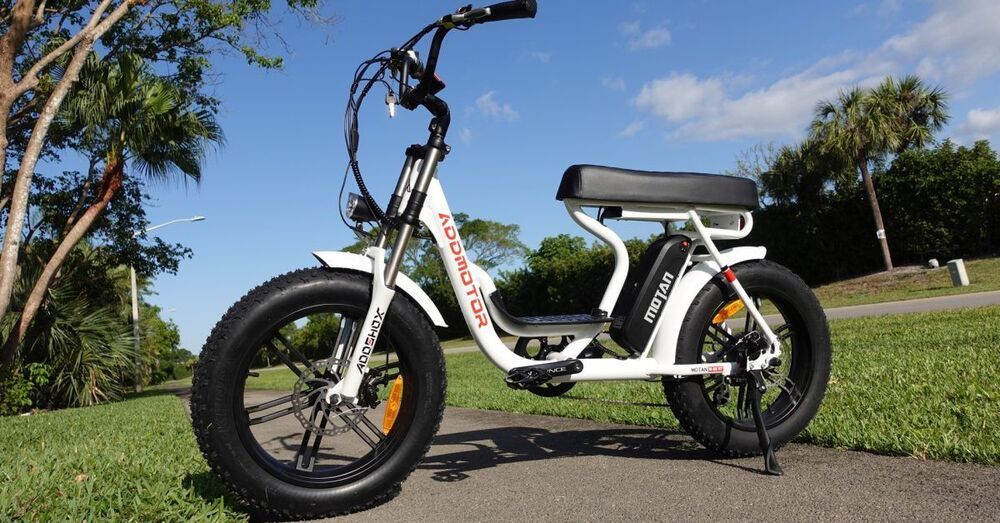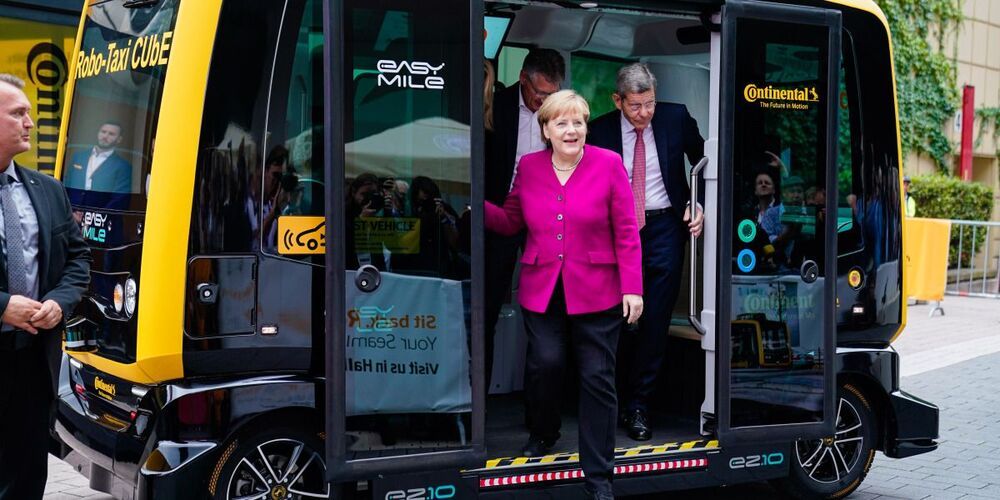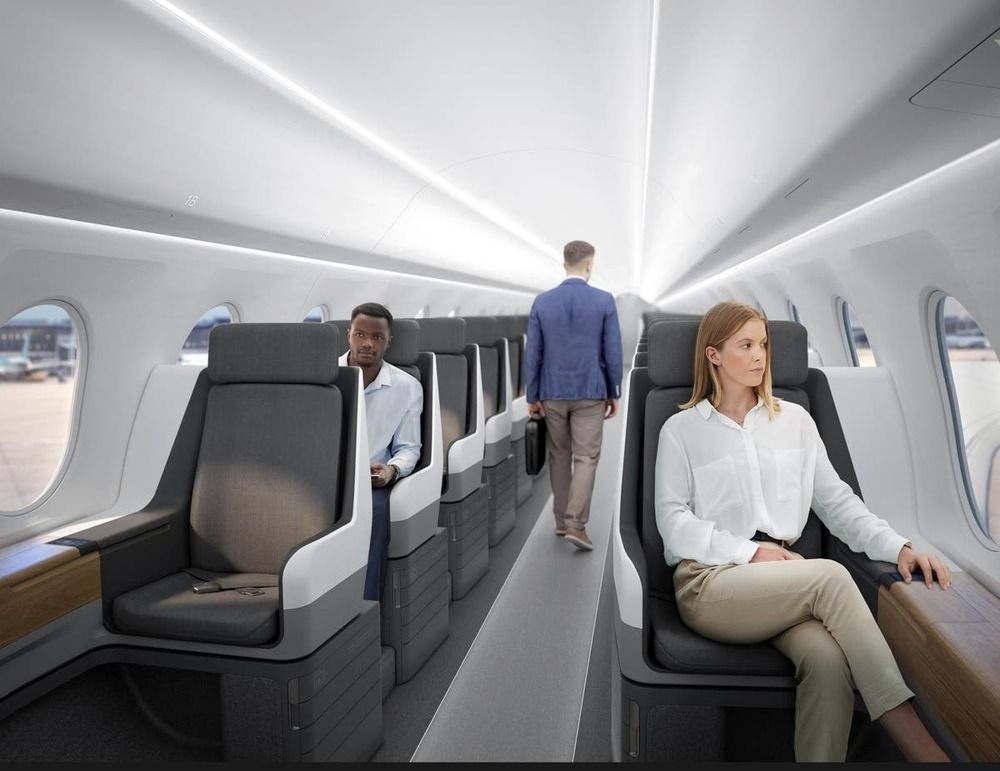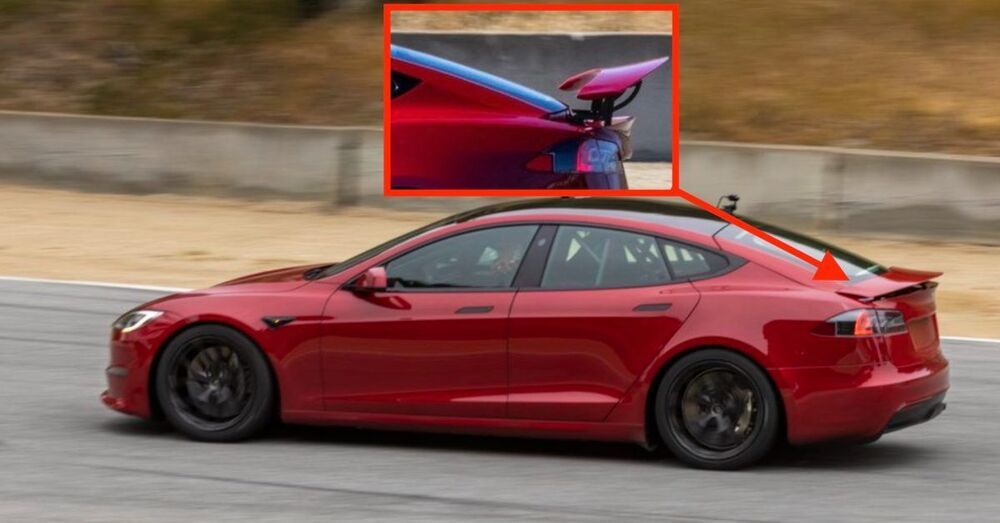Chipmaker Nvidia is acquiring DeepMap, the high-definition mapping startup announced. The company said its mapping IP will help Nvidia’s autonomous vehicle technology sector, Nvidia Drive.
“The acquisition is an endorsement of DeepMap’s unique vision, technology and people,” said Ali Kani, vice president and general manager of Automotive at Nvidia, in a statement. “DeepMap is expected to extend our mapping products, help us scale worldwide map operations and expand our full self-driving expertise.”
One of the biggest challenges to achieving full autonomy in a passenger vehicle is achieving proper localization and updated mapping information that reflects current road conditions. By integrating DeepMap’s tech, Nvidia’s autonomous stack should have greater precision, giving the vehicle enhanced abilities to locate itself on the road.
